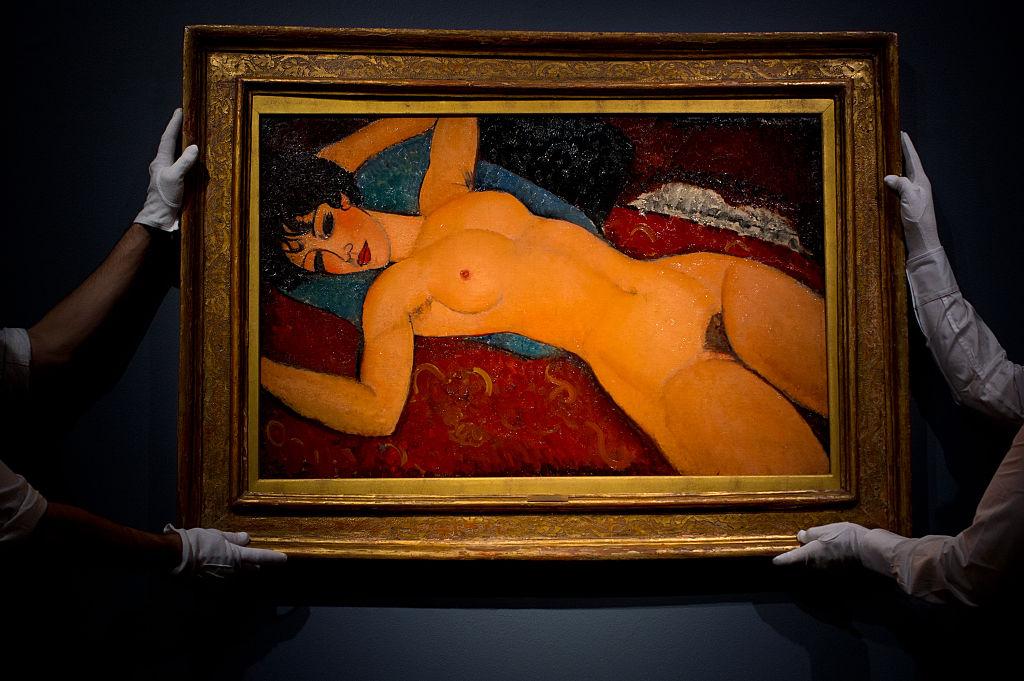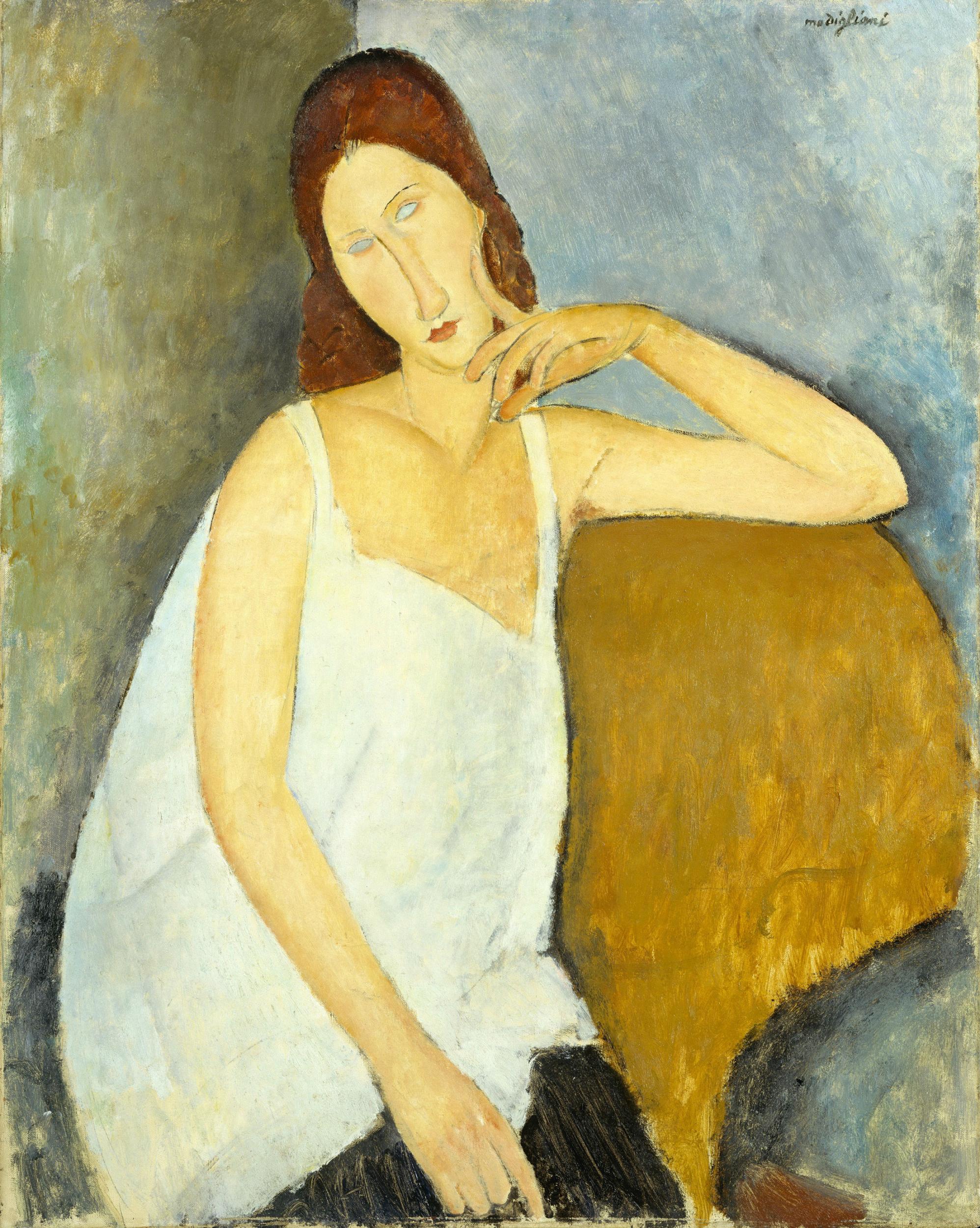Modigliani art exhibited at Ducal Palace in Genoa revealed to be almost entirely fake
Ducal Palace exhibit closed early in July after it emerged nearly all of the paintings on display were fake

Your support helps us to tell the story
From reproductive rights to climate change to Big Tech, The Independent is on the ground when the story is developing. Whether it's investigating the financials of Elon Musk's pro-Trump PAC or producing our latest documentary, 'The A Word', which shines a light on the American women fighting for reproductive rights, we know how important it is to parse out the facts from the messaging.
At such a critical moment in US history, we need reporters on the ground. Your donation allows us to keep sending journalists to speak to both sides of the story.
The Independent is trusted by Americans across the entire political spectrum. And unlike many other quality news outlets, we choose not to lock Americans out of our reporting and analysis with paywalls. We believe quality journalism should be available to everyone, paid for by those who can afford it.
Your support makes all the difference.Prosecutors in Genoa are investigating an exhibition devoted to Italian artist Amedeo Modigliani after an expert concluded almost all of the 21 paintings were fake.
The art historian, appointed by a local court as part of a prosecutor's probe, determined that at least 20 of the 21 paintings displayed during the 2017 Ducal Palace exhibit were clearly forged, Italian news agency ANSA reported.
The palace closed the show three days early in July, after a massively successfully run, when prosecutors began investigating doubts art experts had expressed over the authenticity of the paintings being attributed to Modigliani.
It is now seeking damages for the embarrassment caused by the episode from the private organisers and calls are growing for it to refund everyone who visited the exhibition.
Consumer rights activist Furio Truzzi urged exhibition-goers to seek refunds based on fraud. His organisation has set up a hotline for people who bought tickets or travelled to Genoa to see the show.
In a statement when it shut down the exhibit in July, the Ducal Palace said the private company was responsible for the selection of the works to be displayed and said it would "seek legal protection for its rights and public image".
Meanwhile Italian art collector Carlo Pepi, who was among the critics who questioned the provenance of the works displayed in Genoa, described the paintings as ''garbage" in an interview on Italian state TV's RaiNews24.
Modigliani, the early 20th century artist whose style as a painter and sculptor was distinguished by elongated necks and faces, died in poverty in Paris in 1920 aged just 35.

Modigliani fakes have long caused embarrassment in his native country as unscrupulous fraudsters have sought to capitalise on the artist's posthumous fame.
Three marble heads fished out of a canal in Leghorn in Tuscany during the 1980s were initially hailed as long-lost Modigliani masterpieces but it turned out a trio of local students crafted the sculptures as a prank in 1984.
The owners of the paintings put on display in Genoa are likely to seek a counter-opinion from other experts, since actual works by Modigliani would be worth millions of dollars.
The court-appointed expert, Isabella Quattrocchi, didn't immediately respond to a request for comment. Italian news reports said she concluded that, among other details, the pigment on the exhibited paintings wasn't consistent with the kind Modigliani used.
Milan daily newspaper Corriere della Sera quoted one of the exhibit's two curators who defended his work, saying he wasn't the authenticator of the selected paintings.
Curator Rudy Chiappini said: "I gathered the information and the documentation that was supplied to me for every canvas.
"If there have been irregularities, you need to go back to the source, to whoever made the first attribution" that Modigliani created the paintings.
"I, until proof to the contrary, remain of the idea that the artworks are good" ones, the newspaper quoted Mr Chiappini as saying.
On the eve of the show's March opening, Mr Chiappini said: "Setting up an exhibition of Amedeo Modigliani is always a new adventure."
He added: "I believe that although he painted less than 300 paintings in his life, it's always worth going through his career, starting from a new painting."
Additional reporting by AP
Join our commenting forum
Join thought-provoking conversations, follow other Independent readers and see their replies
Comments